Indonesia Cultural Protocol: These Etiquette Rules Will Help Advance Your Business
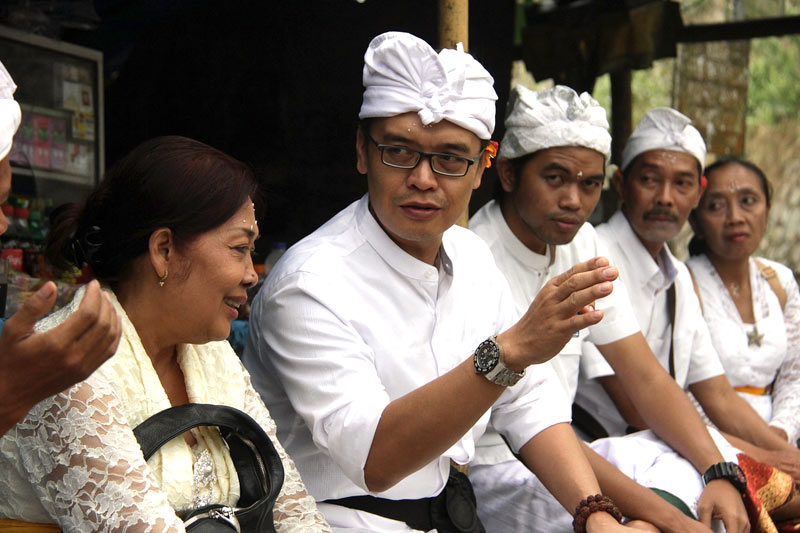
Indonesia: the world’s largest archipelago nation is as diverse as the 17,000 or so islands that extends between the Pacific and Indian Ocean.
SEPTEMBER 10, 2019 | SILK ROAD TODAY
How these Indonesia cultural protocol can have significant impact on your business venture
There is no one standard when it comes to cultural protocol. As companies expand into the global marketplace, knowing the business culture of the country you are doing business will help you to avert potential barriers to achieving a successful venture.
Indonesia is the world’s fourth most populous country with a population of 267 million people. A G20 member, Indonesia is Southeast Asia’s largest economic powerhouse and the world’s 15th largest economy.
It’s the only ASEAN member country among the G20 group. Bahasa Indonesia is the official language. The Indonesian Rupiah (IDR) is the country’s official currency. Current exchange rate: CAD $1 equals Rp.10,700.
Social Hierarchy, Trust and Respect
Indonesia, like most Asian countries, values social hierarchy, relative status and respect for seniority. Senior management command respect and expect a certain level of formality and respect. Hierarchy helps define roles, responsibilities and decision making within the organization.
It is important for your Indonesian associates or clients to know if they are speaking with a person who is their superior, equal or junior,” says Jenny Judistio, Director of Betterford Inc. She adds,
Business relationships are based on respect and trust
Judistio was speaking on business etiquette at the Indonesian Trade Business Gathering organized by the Indonesian Trade Promotion Center Vancouver (ITPC Vancouver) at BCIT downtown campus today.
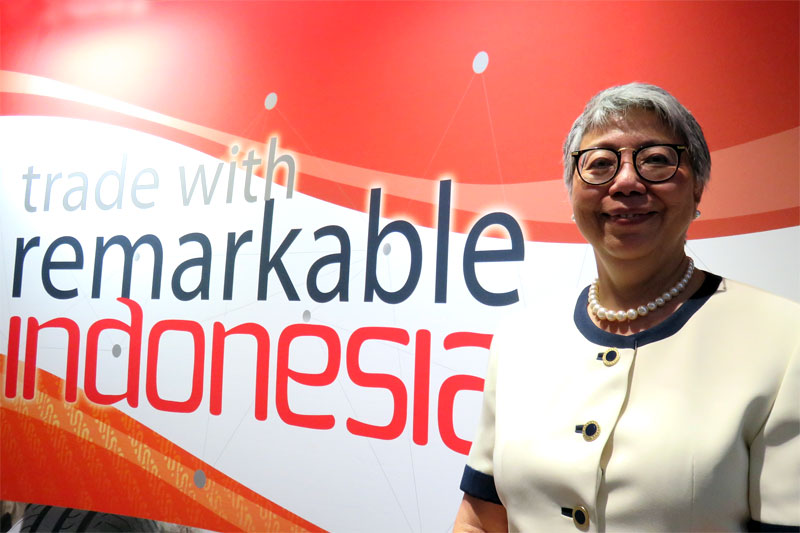
Indonesia Entrepreneur Jenny Judistio says building a business relationship with Indonesians takes patience. You must first earn their trust and respect.
Trade Expo Indonesia
Indonesia will be hosting the 34th Trade Expo Indonesia (TEI) in Jakarta from October 16 to 20, 2019.
TEI is an international B2B-focused tradeshow with the goal to promote quality products made in Indonesia for the global market, develop business networks, investment and present showcases of Indonesian premium and best products. This year’s theme is “Moving Forward to Serve The World”
Other activities in conjunction with the exhibition include Trade, Tourism and Investment Forum, Business Matching, Business Counseling, Regional Discussion, Overseas and Local Trade Mission, Export Start-Up Competition and Talk Show.
Robby Handoko, the new Director of ITPC Vancouver encourages companies interested to explore business opportunities in Indonesia to contact his office. Handoko replaced Rafika Arfani who was posted back to Jakarta in July this year.
Follow Up and Decision Making Process
Be prepared for deadline delays. Based on her own experience, Judistio says it is crucial to be consistent in following up on any business transaction, first via email and telephone.
Decision making process: Meetings and negotiations are usually done in a formal setting and among those present. Be respectful and courteous. If your Indonesian associates or clients are standing, do not take a seat until you are informed to do so.
Gestures
Greet with your right hand. It is not customary for an individual of Muslim faith to shake hands with the opposite sex. A nod or smile may be the appropriate gesture.
Direct eye contact, particularly extended eye contact is perceived disrespectful and rude. So is touching someone’s head, pointing with your foot or index finger. The foot is deemed as unclean and the lowest point of the body. Use your open hand instead, suggests Judistio.

Cultural Etiquette: In Indonesia, do not point with your finger, use your whole hand.
Conversational Topics
When it comes to conversational subjects, Judistio recommends topics such as:
- Indonesian traditions, culture and architecture
- Families and friends
- Local food and sports
- Success and future plan of your organization
Topics to Avoid:
- Unusual Indonesian customs
- Human rights, politics, military influence, bureaucracy and corruption
- Sex and gender roles, religion and your personal belief
- Over blowing your “own horn” or personal achievements
Your bragging may make the other party feel undervalued. Recognize the other party’s achievement may give you a leg-up in your business.
Recognizing how cultural protocol works can help you avoid misunderstandings with your Indonesian associates and clients. They can also have a significant impact on negotiations and decision-making.


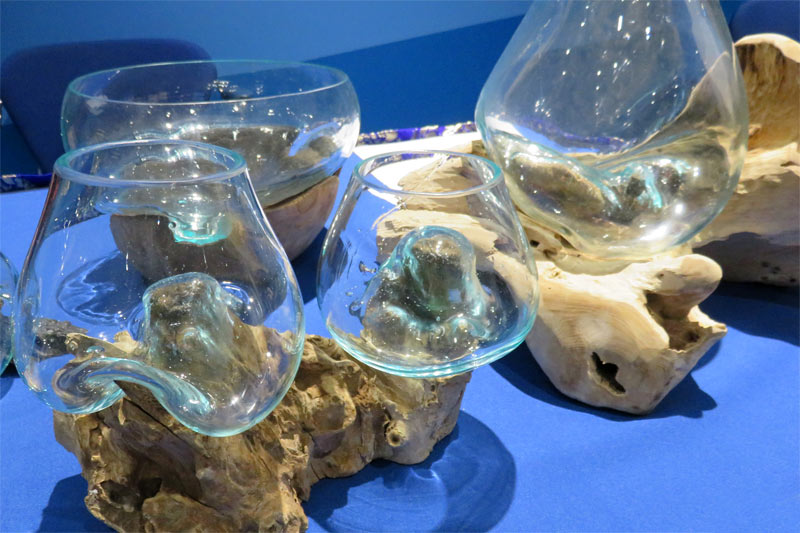

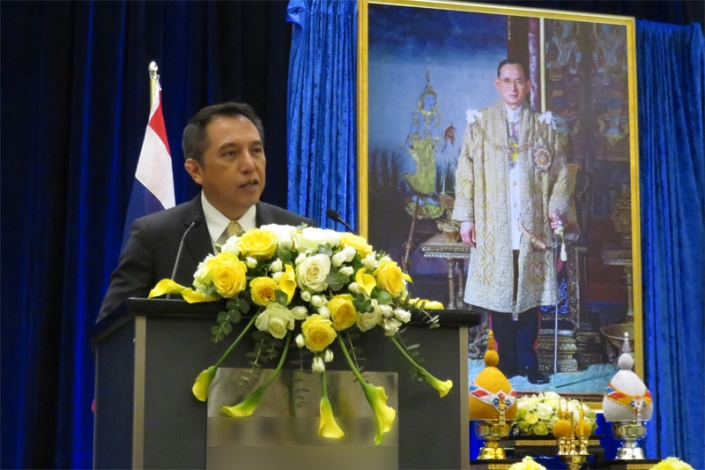

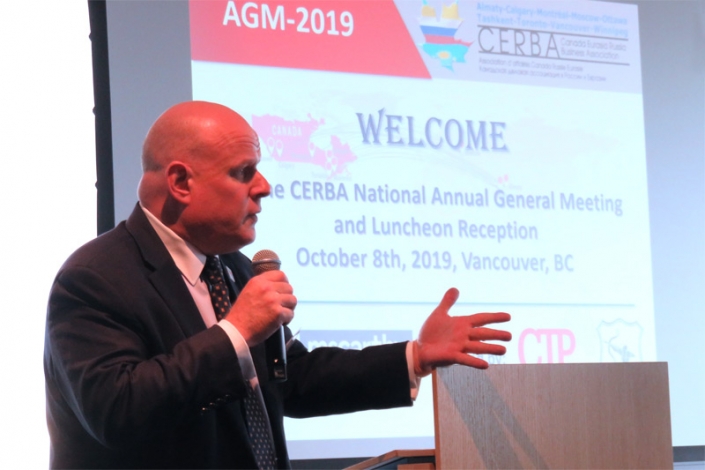
 © Vancouver Inter-Cultural Orchestra
© Vancouver Inter-Cultural Orchestra © Nikao Media
© Nikao Media